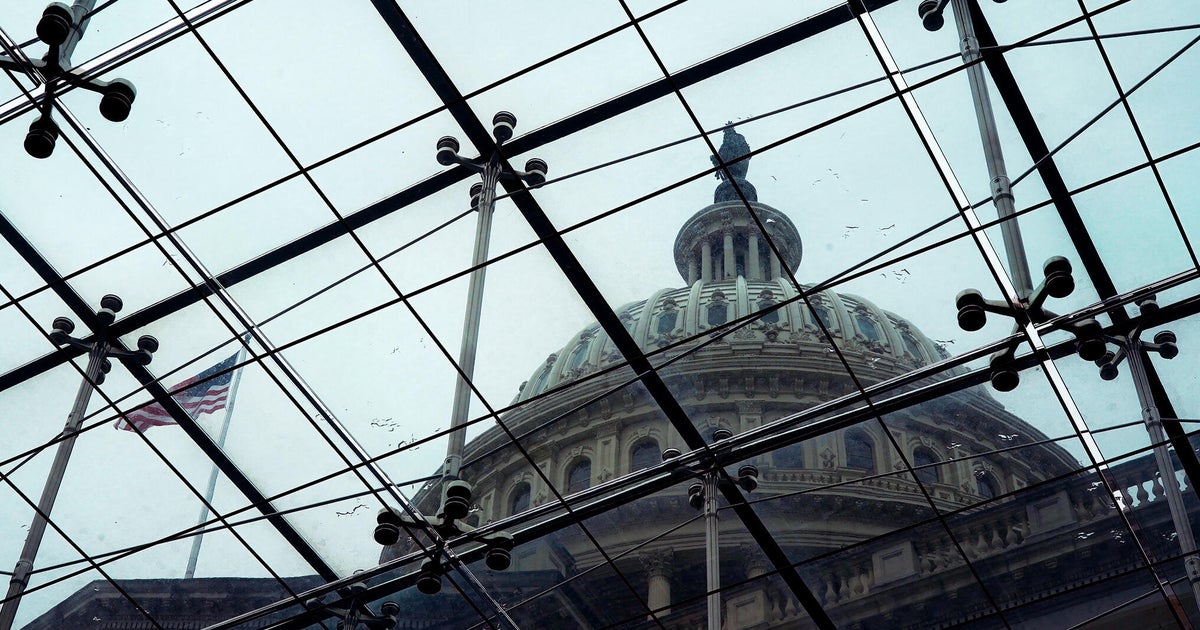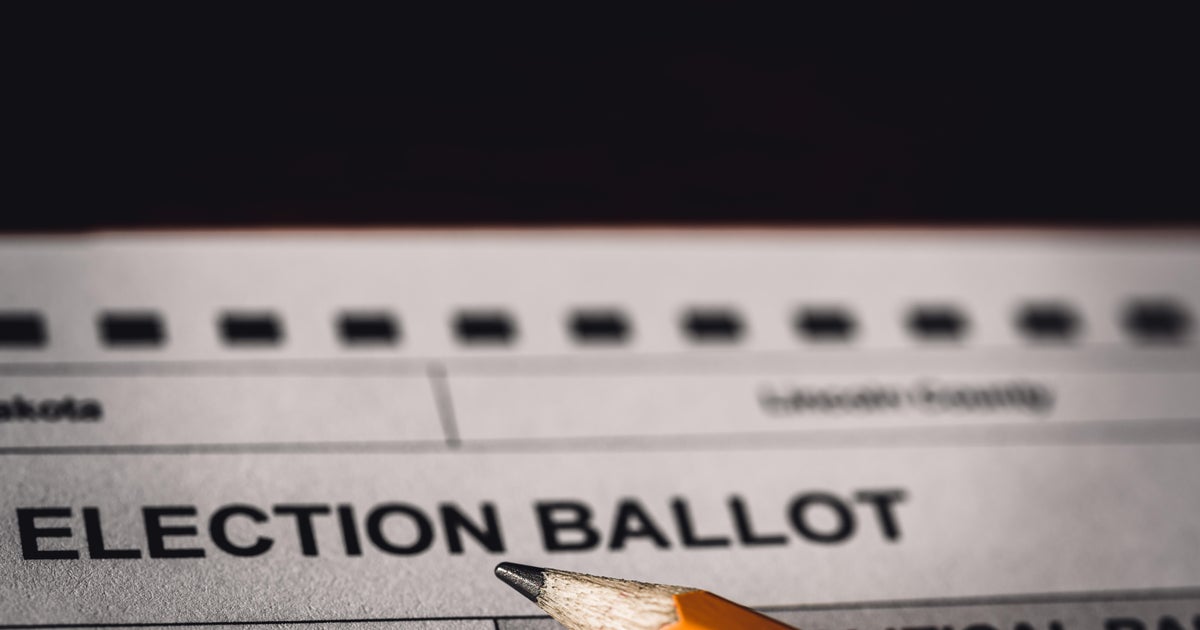Top takeaways from the second Democratic primary debate - the first night
"What a night. I loved it."
That's how former Colorado Gov. John Hickenlooper began his final remarks as Tuesday's Democratic debate came to a close. The spirited contest, which lasted roughly as long as a blockbuster summer film, saw 10 candidates spar over everything from health care to nuclear weapons. Here are the central takeaways from the first night of the second round of the primary debates.
The popular front: Sanders and Warren
Sens. Elizabeth Warren and Bernie Sanders, the two leading progressives in the Democratic field, did not come to blows Tuesday night. Instead they fended off, one after another, a series of critiques and criticisms from the likes of Hickenlooper, Rep. Tim Ryan, and former Rep. John Delaney.
Sanders and Warren, situated at the center of the stage, were the two highest-polling candidates featured on Tuesday. Neither one attacked the other, despite the fact that they are both competing for voters at the left end of the Democratic spectrum. And given that there are still 23 other candidates competing for the Democratic nomination, perhaps they didn't need to.
The attacks on Warren and Sanders came early, particularly in the animated discussion over "Medicare for All" that dominated the first half of the debate. The two progressives both favor a version of government-run health care that would essentially eliminate private health insurance altogether, an idea that didn't sit well with the other candidates on stage.
The first volleys came during the opening remarks. Montana Gov. Steve Bullock, the only new face at Tuesday's debate, criticized what he called "wish-list economics," a thinly veiled shot at the big, expensive proposals offered up by Warren and Sanders. Minnesota Sen. Amy Klobuchar similarly knocked candidates who make "a lot of promises" but can't deliver. Delaney, a former health care executive, later made mention of what he called the "fairytale economics" underpinning progressive plans.
But if the applause in Detroit's Fox Theatre was any indication, there are plenty of Democratic voters who want to buy what Warren and Sanders are selling. Or rather not selling: The "democratic socialist" from Vermont and the self-proclaimed capitalist from Massachusetts were unconditional in their assertion that health care is a human right and — in Sanders' words — "not a business."
So the de facto truce between Sanders and Warren lasted another night as other, lower-polling candidates tried to attack them both. Recent CBS News polling indicates that both candidates remain in the top tier of Democratic hopefuls, and as Tuesday's debate came to a close, there was no indication that either was about to fall by the wayside.
The fault line: Medicare for All
If there is one issue that divides the Democratic field, it's health care. Warren and Sanders remain unequivocal in their belief that a government-run, single-payer system that exists in many other industrialized countries must be attempted in the U.S. The rest of Tuesday night's candidates, meanwhile, say that what they want is politically foolish, fiscally unworkable, or both.
"Folks, we have a choice," Delaney said in his opening remarks. "We can go down the road that Sen. Sanders and Sen. Warren want to take us with bad policies like Medicare for all, free everything and impossible prices that will turn off independent voters and get Trump re-elected."
Delaney went on to say that embracing Medicare for All would represent the kind of hard-left turn that doomed progressive Democratic candidates like George McGovern, Walter Mondale and Michael Dukakis. Hickenlooper insisted that the 40 Democratic House candidates who flipped districts last November did so by by eschewing "the policies of our frontrunners in center stage." Ryan, who represents a Rust Belt seat in Ohio, said that union workers would balk at surrendering their health care plans in favor government-run system.
Even Marianne Williamson and South Bend Mayor Pete Buttigieg, who both endeavored to place themselves between the moderates and the progressives, suggested that Medicare for All would be a bridge too far for Democrats, at least within the time frame proposed by Warren and Sanders.
None of these criticisms were new to Warren and Sanders, however, because this is really a very old debate in Democratic politics. Rep. John Dingell first proposed a plan similar to Medicare for All on the floor of the House in 1955. Sen. Ted Kennedy first introduced his version of national health insurance in 1971. And the two late liberal stalwarts teamed up in 2006 to introduce a Medicare for All plan in Congress that, again, went nowhere.
Sanders had an eye to that history Tuesday night when he argued that sweeping changes can be implemented quickly.
"[I]nterestingly enough, today is the anniversary of Medicare — 54 years ago, under Lyndon Johnson and the Democratic Congress, they started the program. After one year, 19 million elderly people in it. Please don't tell me that in a four-year period we cannot go from 65 to 55 to 45 to 35. This is not radical. This is what virtually every other country on Earth does," he said.
But of course, the most prominent Medicare-for-All skeptic in Democratic politics was not on stage Tuesday night.
The missing man: Joe Biden
Despite a lackluster performance in the first Democratic debate, Joe Biden is still the front runner. He leads in nearly every early state and national poll and enjoys universal name recognition among voters. President Trump predicted Tuesday that he would be the eventual Democratic nominee. Yet his name was not uttered once during Tuesday's debate, which lasted over two and a half hours.
Biden's absence served as a reminder that he continues to own the center lane in the presidential primary. The other relative moderates — Hickenlooper, Delaney, Ryan, Bullock — all looked to take up the mantle of the middle, and all struggled to land punches on Warren and Sanders.
It was a lopsided contest from the start. Warren and Sanders are both leading contenders for the Democratic nomination, while the centrists on stage remain mired in the low single digits. But it also allowed Warren and Sanders to fine-tune their messaging against the former vice president.
"You know, I don't understand why anybody goes to all the trouble of running for president of the United States just to talk about what we really can't do and shouldn't fight for," Warren said to applause as she sparred with Delaney over environmental policy.
And should Warren ever get the chance to face Biden on a debate stage, expect her to say the same thing to him.



